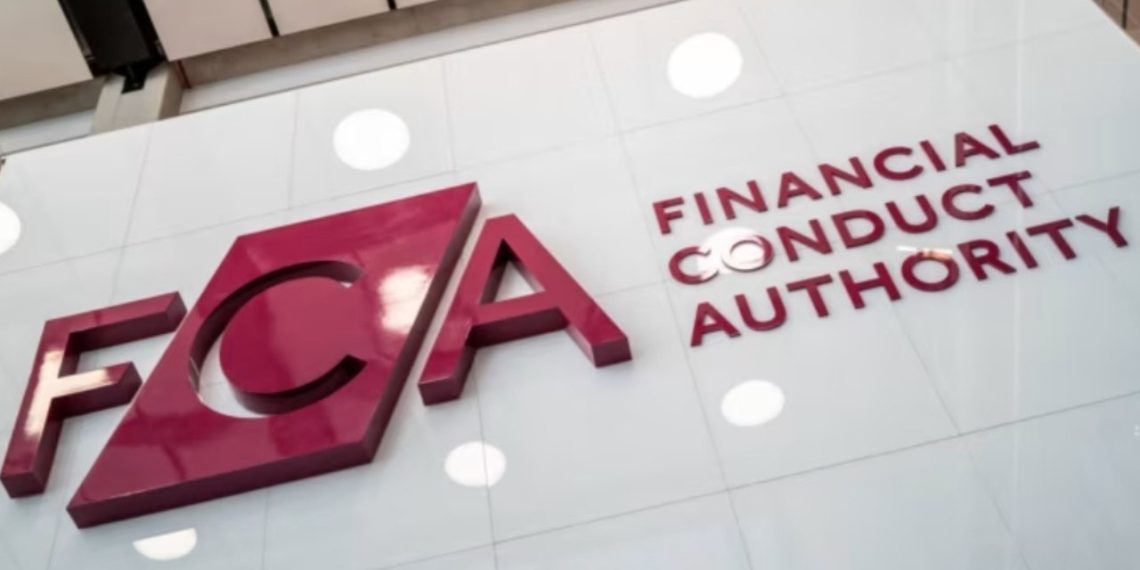Britain’s market regulator intends to unveil corporate investigations sooner, issue updates, and conclude inquiries faster to prioritize impactful cases and assure the public of their proactive stance.
Therese Chambers, co-head of enforcement at the Financial Conduct Authority (FCA), shared during a London conference that the outlined proposals in a consultation paper signify a “dramatic change of approach.” She emphasized how these measures would aid in deterring misconduct.
“We will amplify the deterrent impact of our work by enabling firms to understand the types of serious failings that can lead to an investigation, helping them to change their own behavior more quickly,” she said.
However, lawyers and PIMFA, an industry body for financial advisers, expressed concerns. They argued that publicly naming entities in an FCA investigation before evaluating all evidence could lead to “gross unfairness” and questioned who would truly benefit from such a practice.
“The FCA’s proposal to publicize the start of corporate investigations seems more about trumpeting its work than giving out useful information,” said Simon Morris, a partner at law firm CMS.
PIMFA urged the FCA to approach the proposed changes with caution. Imogen Makin, counsel at law firm WilmerHale, highlighted the low threshold for initiating inquiries as a point of concern.
“The damage to firms’ reputations and to ongoing business from the early announcement of an FCA investigation would be significant, without any proof of wrongdoing, and seems unjustified,” she said.
Currently, the FCA reserves the announcement of inquiry details for exceptional circumstances, often resulting in a delay between identifying misconduct and public disclosure. This delay is exacerbated by prolonged trial processes due to a backlog of court cases.
With 100 new enforcement cases initiated in the year leading up to March 2023—a 48% decrease from the previous year—the regulator seeks feedback on its proposals by April 16.
Therese Chambers emphasized that decisions to disclose investigations would be made case by case, considering factors such as the covert nature of inquiries. Individual investigations won’t be announced due to data protection requirement s.
Chambers disclosed at the City & Financial Global London summit that approximately 65% of FCA investigations conclude without further action.
The FCA aims to conclude investigations at the earliest feasible juncture rather than allowing them to linger unnecessarily, as may have been the prevailing practice.





